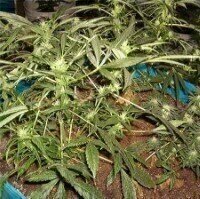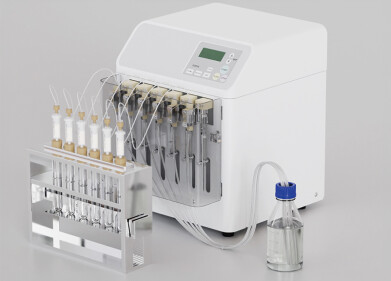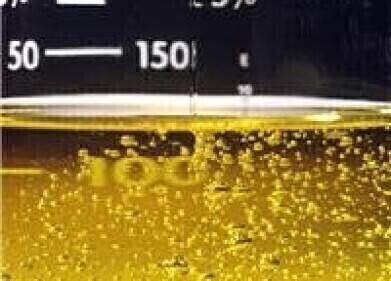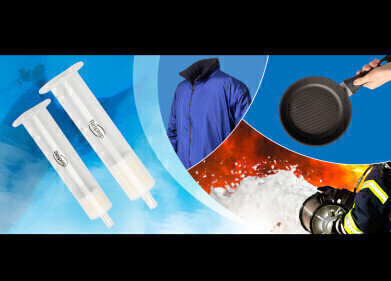-
 US resident using TLC to examine cannabinoids in marijuana
US resident using TLC to examine cannabinoids in marijuana
Solid phase extraction (SPE)
TLC used to identify cannabinoids in marijuana testing service
Apr 26 2011
Dutch-born Klaas Hesselink is harnessing the method to find specific cannabinoids in the drug as part of the Cannatest service he is running in his home county of Kitsap in Washington state, US.
He told the Kitsap Sun that the process involves soaking a tenth of a gram of marijuana in chloroform to release oil before heating it to detach the cannabinoids and blowing them on to a piece of paper.
The paper is soaked in chloroform and dipped in a solution comprising a number of dyes which then reveal which cannabinoids are present in the sample.
Mr Hesselink said he started the testing service to allow those using marijuana for medical purposes to find out exactly what they are ingesting.
In the long term, detailed knowledge about the effects of different cannabinoids could prove beneficial when treating patients, he explained.
"By educating our partners, we'll get better, more targeted medicine," Mr Hesselink stated.
Cannabinoids include cannabidiol - which can act as an anti-inflammatory as well as treating nausea and anxiety - and cannabigerol, which can aid sleep.
A study recently published in the Nature Chemical Biology journal suggested that a receptor previously believed to have no potential for interaction with cannabinoids actually mediates some of the pain-relieving properties of the delta-9-tetrahydrocannabinol compound without resulting in psychoactive effects.
Events
Jan 20 2025 Amsterdam, Netherlands
Feb 03 2025 Dubai, UAE
Feb 05 2025 Guangzhou, China
Mar 01 2025 Boston, MA, USA
Mar 04 2025 Berlin, Germany













